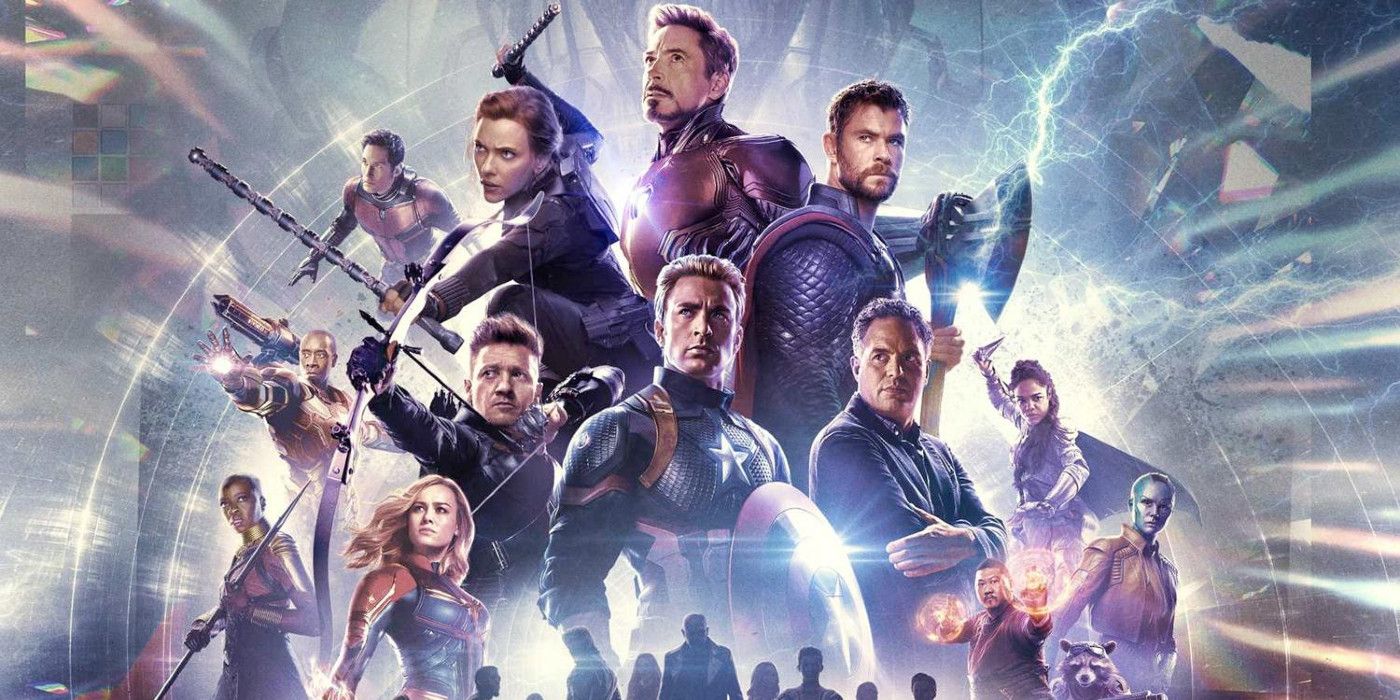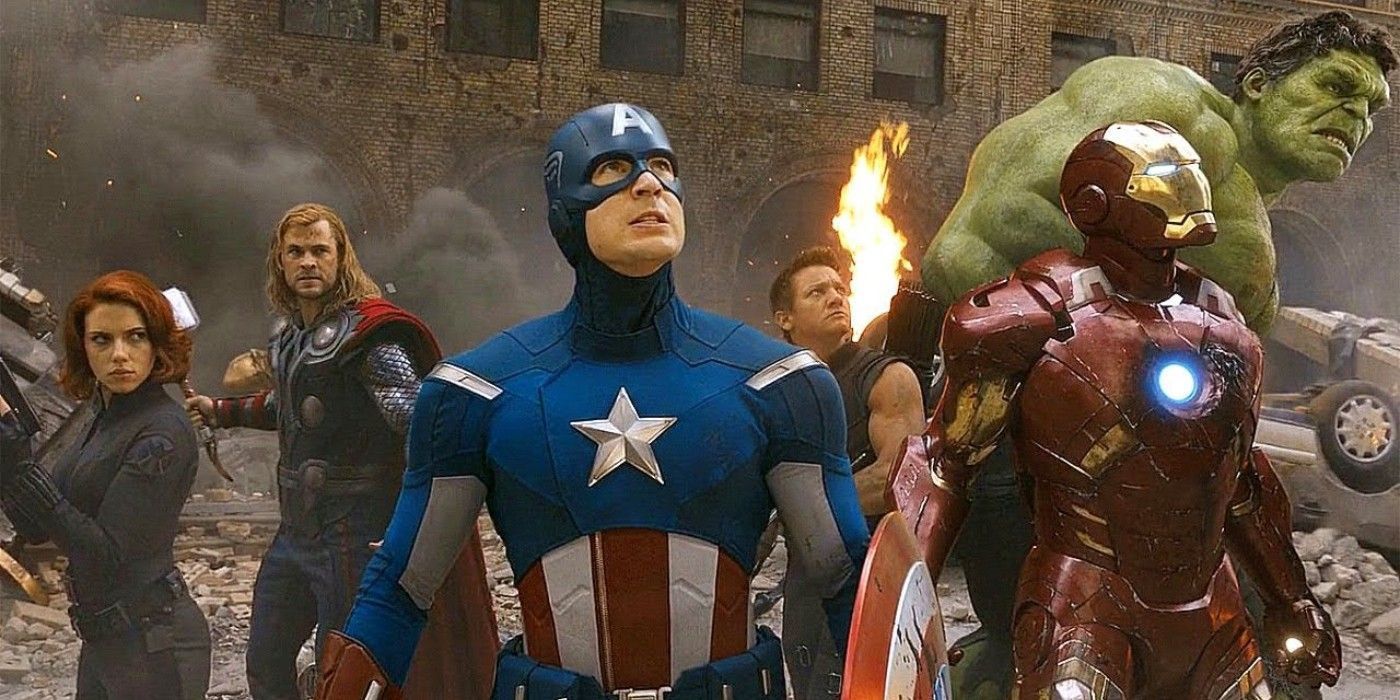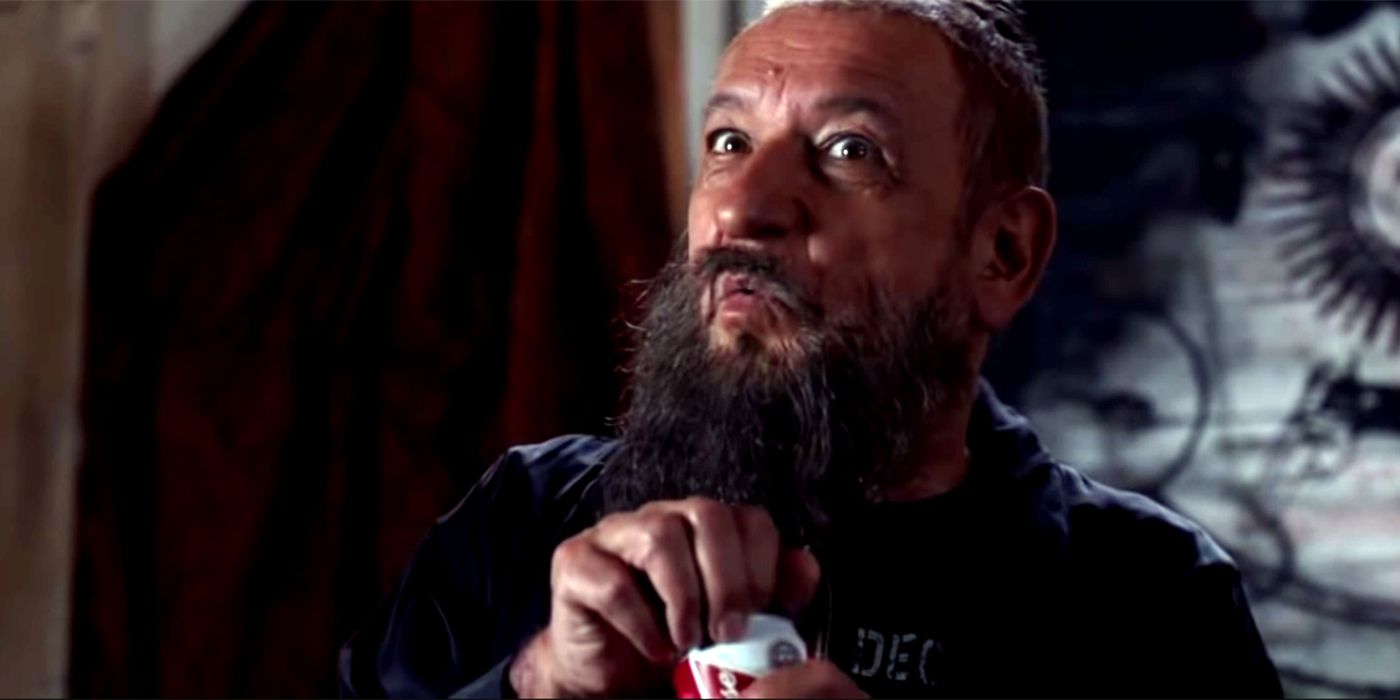Marvel Studios have released 24 films and 15 series in the MCU thus far, with dozens more incoming comprising hundreds of hours of entertainment. Over the years, while the franchise has been largely based on the Marvel Comics it arose from, the films have deviated in huge and small ways from its source material to a variety of fan reactions.
When adapting any work, comic books included, the question of how close a creator can be expected to keep to the source material can be difficult to answer. While hardcore fans will often fight even the slightest changes, the filmmakers and showrunners behind MCU works have good reason to make new choices with old concepts.
Movies based on comics have been around for decades, but the place of cultural dominance that the MCU holds is completely unprecedented. Movies have often been an onboarding point for fans who know little about comics, movies tend to reach much larger audiences and have a much greater cultural impact. While fans are often delighted by the film adaptations of their favorite characters, film studios are always looking to bring in new fans.
In this modern age, however, the information audiences need to know is never more than one search engine away. Websites exist to inform anyone of the background of comic book characters as soon as they make their first trailer appearance, so anyone can go from completely uninformed to encyclopedic in an hour. With the availability of information, certain creative choices need to be made to preserve the crucial element of surprise.
Predictability is not the biggest downfall of storytelling, but it can often ruin the fun of a complex narrative if you see its twists and turns coming. The most obvious reason the creators of the MCU feel the need to stray from source material is that if they did not, any person could have the entire plot synopsis of a film at the palm of their hand from the release of the first trailer. Longtime fans would likely remain excited to see their favorite moments on the big screen, but more casual fans and newcomers would have the terrible likelihood of having every new experience spoiled for them by the decades of existing source material.
This problem is less comprehensive for films adapted from novels, which also often deviate from their source, because the MCU has a very different relationship with its media. When a filmmaker chooses to adapt a hit novel, they don't generally need to contend with a massive infrastructure of information sources providing up to the minute coverage of their source material. The unique cultural dominance which the MCU holds combined with the absolutely compendious wealth of knowledge available and often unavoidable forces filmmakers to innovate, often in specific ways.
Almost any adaptation has to make changes to adjust to the new medium. What works on the page doesn't always translate to the screen, but that is not the only reason to change details. The biggest changes made by filmmakers are often deliberate fake-outs to provide a thrilling surprise for fans and newcomers alike. Look no further than the controversial portrayal of The Mandarin in Iron Man 3. The marketing displayed a version of the character which appeared to be updated for the modern-day, but largely true to his comic counterpart, but the third act reveal of the film flipped the script. The villain reveal was controversial but shocking. The sudden shift in which a new take on the character gives way to a complete subversion of expectations was a bold twist that shocked even the most dedicated fan, and sticking to the comics just wouldn't be able to make that work.
Fans do not always respond positively to deviation from the source material, some have been praised, but others were heavily derided as essentially blasphemous. The MCU cannot hope to adapt everything, at least not any time soon, but they often take criticism for shrinking down popular arcs to fit into larger stories. Thor: Ragnarok was mostly beloved, but fans took umbrage with the treatment of the Hulk.
His storyline, landing on Sakaar and becoming a beloved gladiator, rings terribly close to the story of Planet Hulk, which suggests that fans may not get to see a full version of that beloved arc. This choice, though criticized by some, led to some great character moments with Banner and found the character a new home amongst the Asgard sector of the universe. It cants make everyone happy, but it does establish the films as their own work.
Making changes will always be controversial, but a massive film empire like the MCU must make itself distinct and original while staying true to the spirit of the source. At the end of the day, as long as the filmmakers make changes with respect to what came before, the decision to subvert expectation can lead to some truly magical moments for lifelong fans and newcomers alike.



